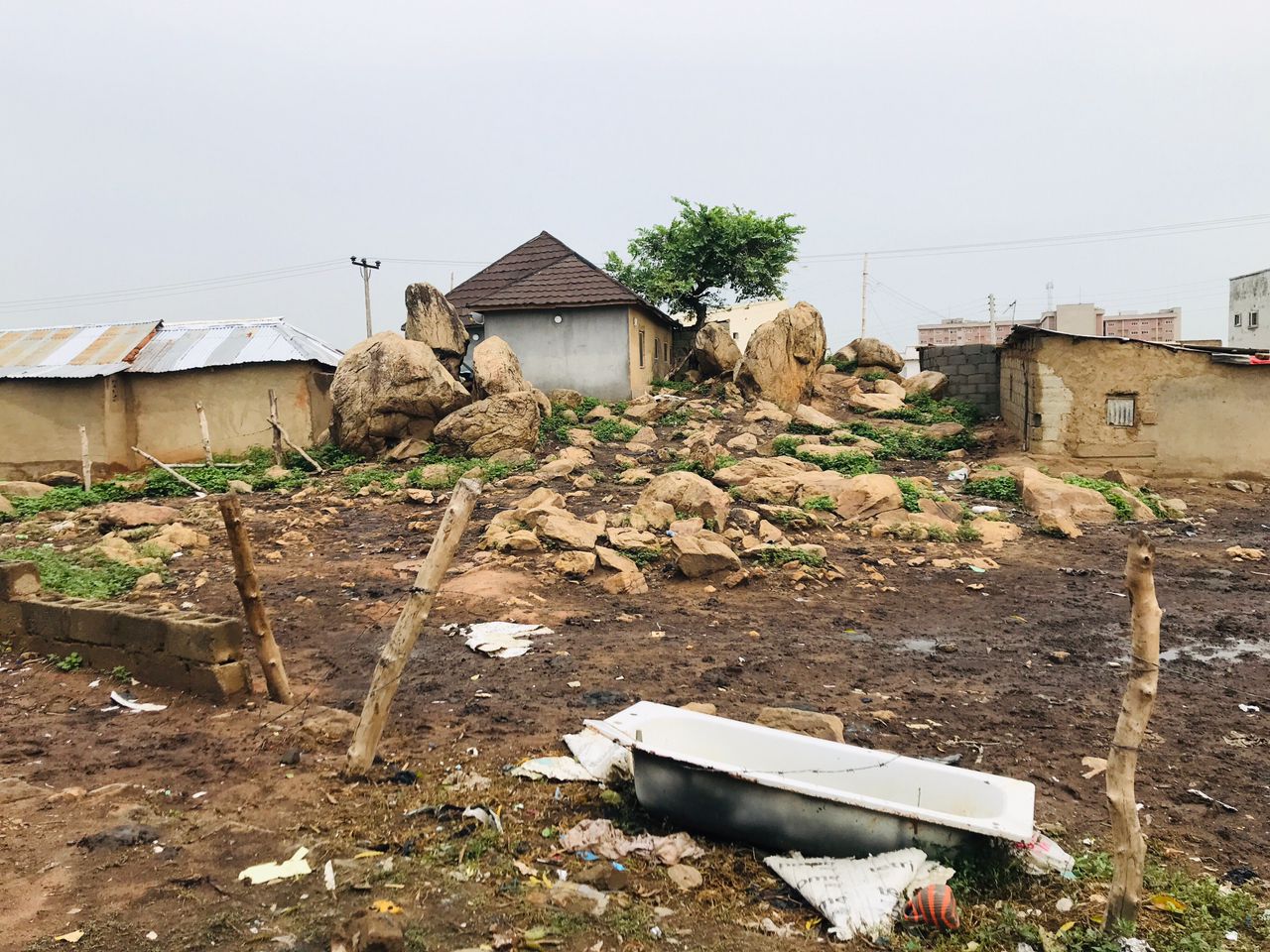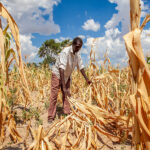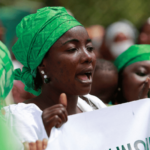Outside the facade of a weather-beaten building, three men linger in the fading twilight. Two of them are seated slightly apart, listening raptly to the third, who exudes authority. He is the leader of the Rugan Fulani community.
Located on the outskirts of Jabi in the capital city of Abuja, Rugan Fulani began as a haven for Fulani residents and has since grown to encompass many different tribes, each with its own unique tradition.
“We have been here for countless decades. I remember my father, the late chief, telling me that even his great-grandfather was born here,” recalled Dauda Hussaini, the chief of Rugan Fulani.
Hussaini is deeply troubled. Since he assumed leadership, little has changed despite his efforts. His people’s well-being is his top priority, and he is determined to address the community’s myriad challenges.
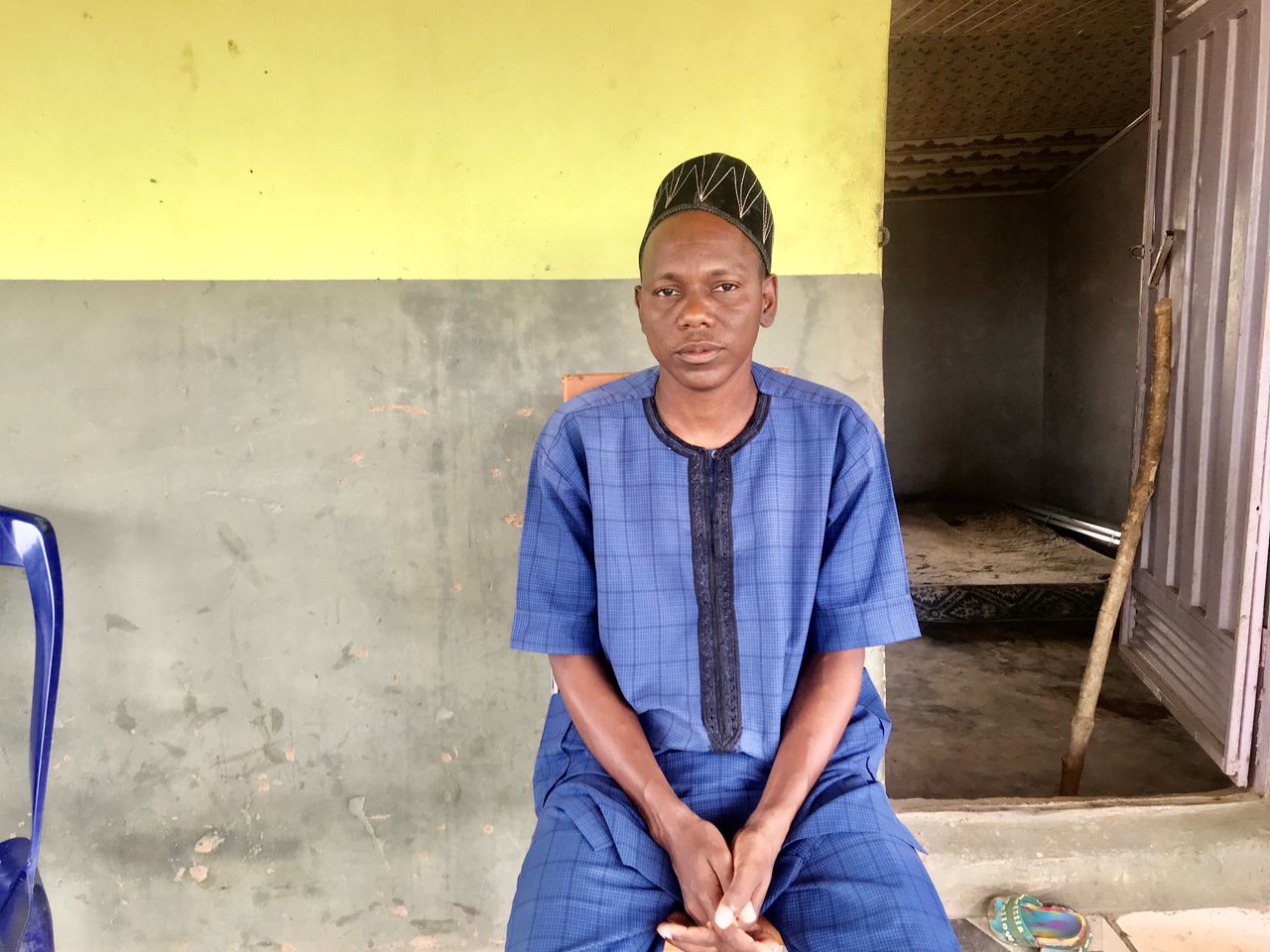
“I can’t remember the last time we had electricity. We have been living in darkness for ages, and despite our complaints, nothing has been done. Imagine if we needed electricity to pump our water—thank God it’s a different story,” Hussaini said.
Yet electricity is just one of myriad challenges facing Rugan Fulani, according to Hussaini. There are no schools, health facilities, or even good roads.
“The road leading to our community is narrow and unpaved, riddled with potholes and mud that worsens during the rainy season,” he lamented.
Hussaini worries that potential helpers might be turned off by the community’s remote location and its deplorable roads.
“There is no school here. We have to send our children to distant places to learn, risking their lives on busy highways,” he said in a voice tinged with worry. .
Voices of the community
Musa Ahmadu, the palace’s old secretary, has served both Hussaini and his father. With a wealth of experience, Ahmadu helps the chief in decision-making, but notes that these times are tougher than ever.
“I worry about our youth and children. They rarely go to school because we lack government schools, and private ones are too far and too expensive,” he said.
Musa Ahmadu, Secretary to the chief of Rugan Fulani. Image credit: Rejoice Taddy.
Ahmadu recounted numerous instances when children were nearly abducted or hit on the highway. This danger deters many parents from sending their children to school. “Hussaini is our chief, and his palace should reflect his leadership. It’s tattered and empty, with insufficient and uncomfortable seating for visitors. While we seek other improvements, we also wish to see our humble chief in a proper setting,” he added.
Hassana Abdullahi, a hopeful community member, echoed these concerns.
“I was born and raised here, and aside from our access to water, it’s been one problem after another,” she said.
Abdullahi is most concerned about the lack of schools and health facilities. As a mother-to-be, she is particularly worried about the lack of nearby hospitals and the risks involved in traditional childbirth methods during emergencies
“Women here usually give birth traditionally to avoid the stress of traveling to distant, unaffordable hospitals. But in emergencies, traditional methods fall short, and people die,” Abdullahi lamented, recalling a recent incident where a woman nearly bled to death after delivery due to the lack of medical facilities.
“Our health should be a priority for the government. Education, too. Over 100 children have never been to school, and many others dropped out,” she lamented.
Maryam Abubakar, 19, has been in and out of school for years. Now in Primary Six, she hopes to complete her education and learn a skill.
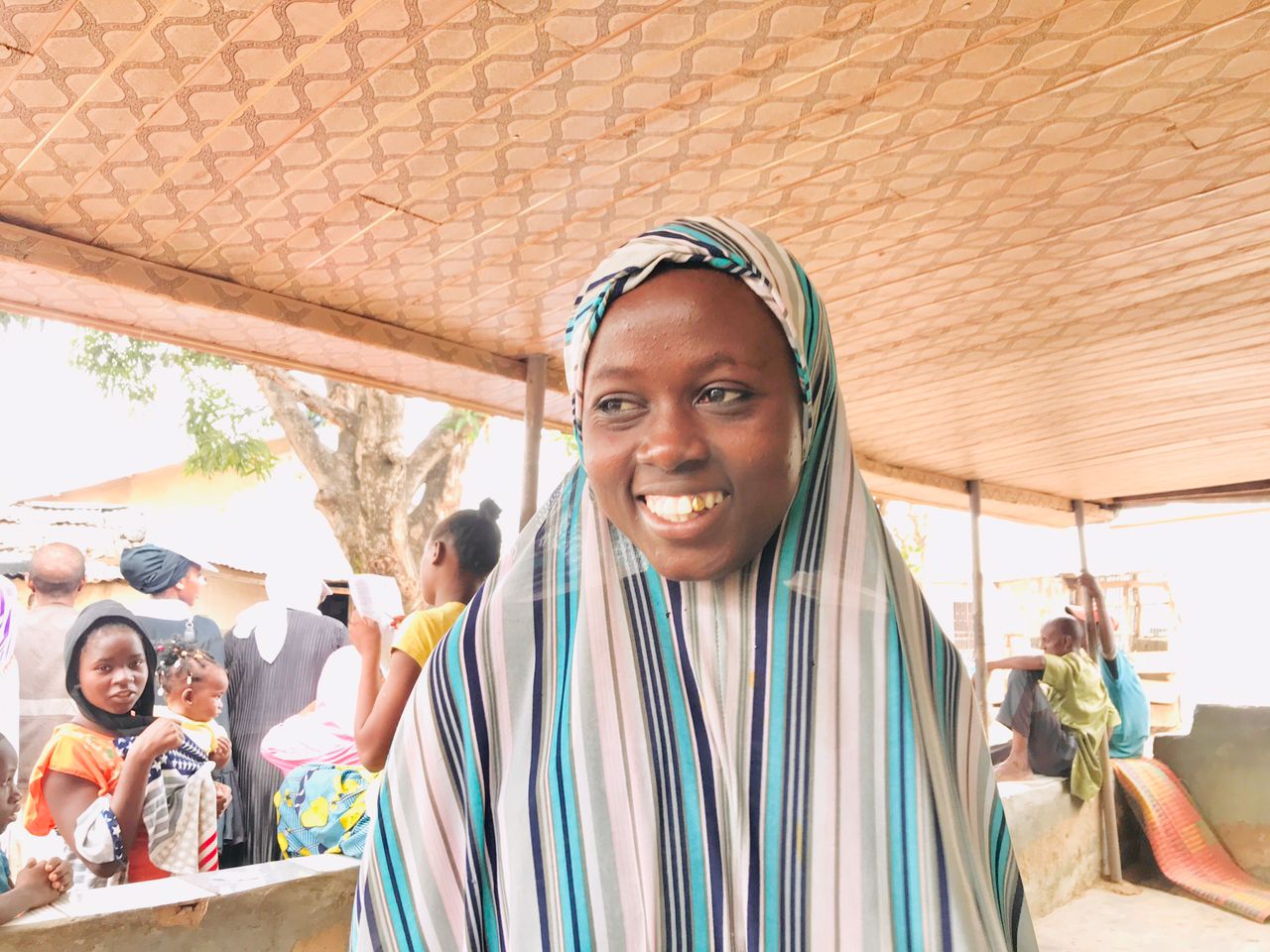
“We don’t have enough money for school. Many of us take up menial jobs in a nearby housing estate to support our families and education,” she said with a mix of hope and determination.
A Glimmer of Hope
Despite these challenges, there is a silver lining in Rugan Fulani. Ebere Opara, who has lived in the community for only three months, shares her positive experience: “I have never seen a small community as peaceful as this. I am Igbo and Christian, and I was skeptical about moving here, but I have found a sense of togetherness I’ve never seen elsewhere. The Fulani people welcome everyone with open arms, and there are no conflicts or security issues.”
Musa Ahmadu also praises the chief for his kindness and compassion. “When Hussaini was crowned chief, he doubted himself, thinking he was too young. Many shared that sentiment, but he has proven to be an exceptional leader who puts his people first and does all he can to help,” he told Prime Progress.
Hussaini is optimistic about the future. He mentioned that non-governmental organizations are making efforts to educate the community about technology and its benefits. “I am hopeful that Rugan Fulani will soon be a better place to live,” he concluded.
As the community continues to navigate its challenges, the resilience and unity of its people offer a beacon of hope for a brighter future



